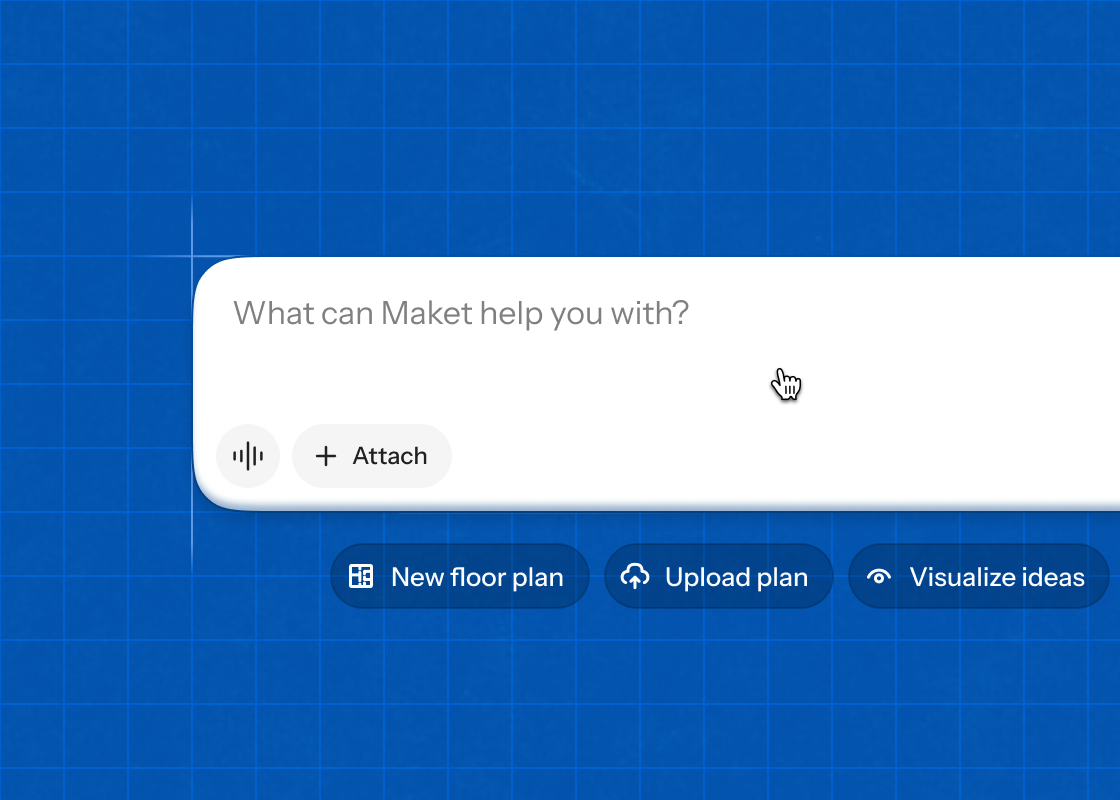
The potential of generative AI to enhance property management reporting and analytics
When it comes to property management, it's clear that artificial intelligence (AI) is going to play a big role in shaping the future of the industry. One area that's particularly exciting is the use of generative AI for reporting and analytics. This is because generative AI allows for the creation of new data, rather than just processing what already exists. In this blog post, we're going to take a closer look at how generative AI can be used to enhance property management reporting and analytics.
What is Generative AI?
Before we dive into how generative AI can be applied to property management, let's first define what it is. Simply put, generative AI is the branch of AI that's focused on creating new things - such as images, videos, and text. The way it works is by training a generative model on large amounts of data. For example, if you're using a generative model to create images of houses, it would be trained on a huge number of images of houses. Once the model is trained, it can then generate new images that look similar to the training data.
How Can Generative AI be Applied to Property Management?
The idea of using generative AI in property management may seem daunting, but it's actually quite simple. Here are a few ways that it can be applied:
Generating Reports and Analytics
Property managers are always looking for ways to streamline the process of creating reports and analytics. Generative AI makes this easy by allowing for the automatic generation of monthly or quarterly reports on a property's performance. This could include data on occupancy rates, rent prices, and expenses. By training a generative model on historical data, such as past reports and financial statements, it's possible to generate new reports that have similar data.
Enhancing Data Analysis
Generative AI can also be used to enhance the accuracy of data analysis. This can be done by using a generative model to automatically detect and correct errors in data. For example, if there are duplicate entries or missing values, the generative model can fix them. This ensures that the data used for analysis is accurate and reliable.
Improving Efficiency of Property Management Tasks
Property managers are always looking for ways to save time and reduce the risk of errors. Generative AI makes this easy by allowing for the automatic generation of documents. This could include lease agreements or property inspection reports.
Forecasting
Finally, Generative AI can be used for forecasting. Based on historical data, it can be trained to predict future occupancy rates, rent prices, and maintenance expenses. By using those predictions, property managers can make more informed business decisions.
Challenges in Implementing Generative AI in Property Management
While there are many potential benefits to using generative AI in property management, there are also some challenges that need to be considered. Here are some of the biggest challenges:
Data Quality
One of the biggest challenges with using generative AI in property management is ensuring that the data used to train the models is of high quality. If the data is inaccurate or incomplete, it will negatively impact the accuracy and reliability of the generative models. Property managers will need to invest time and resources into cleaning and preprocessing the data before it can be used for training.
Limited Availability of Pre-Trained Models
Another challenge is that currently, there is a limited availability of pre-trained models that can be used for property management tasks. This means that property managers will need to invest in developing their own models or finding specialized service providers that can assist them.
Lack of Understanding
A lack of understanding among property managers about how generative AI works and how it can be applied to property management can make it difficult for them to fully realize the potential benefits.
Data Privacy and Security Concerns
Lastly, there are also data privacy and security concerns when it comes to using generative AI in property management. It's important to ensure that any data used for training is kept confidential and secure, and that appropriate measures are in place to protect against unauthorized access or breaches.
Conclusion
In conclusion, Generative AI has the potential to revolutionize property management by generating reports and analytics, enhancing the accuracy of data analysis, improving the efficiency of property management tasks, and forecasting. While there are challenges to consider such as data quality, limited availability of pre-trained models, lack of understanding, and data privacy and security concerns, but with the right approach, those challenges can be overcome. Property managers who are able to effectively leverage generative AI will be well-positioned to gain a competitive advantage in the industry. With the right approach and understanding, the potential benefits of generative AI in property management are endless.








.png)

